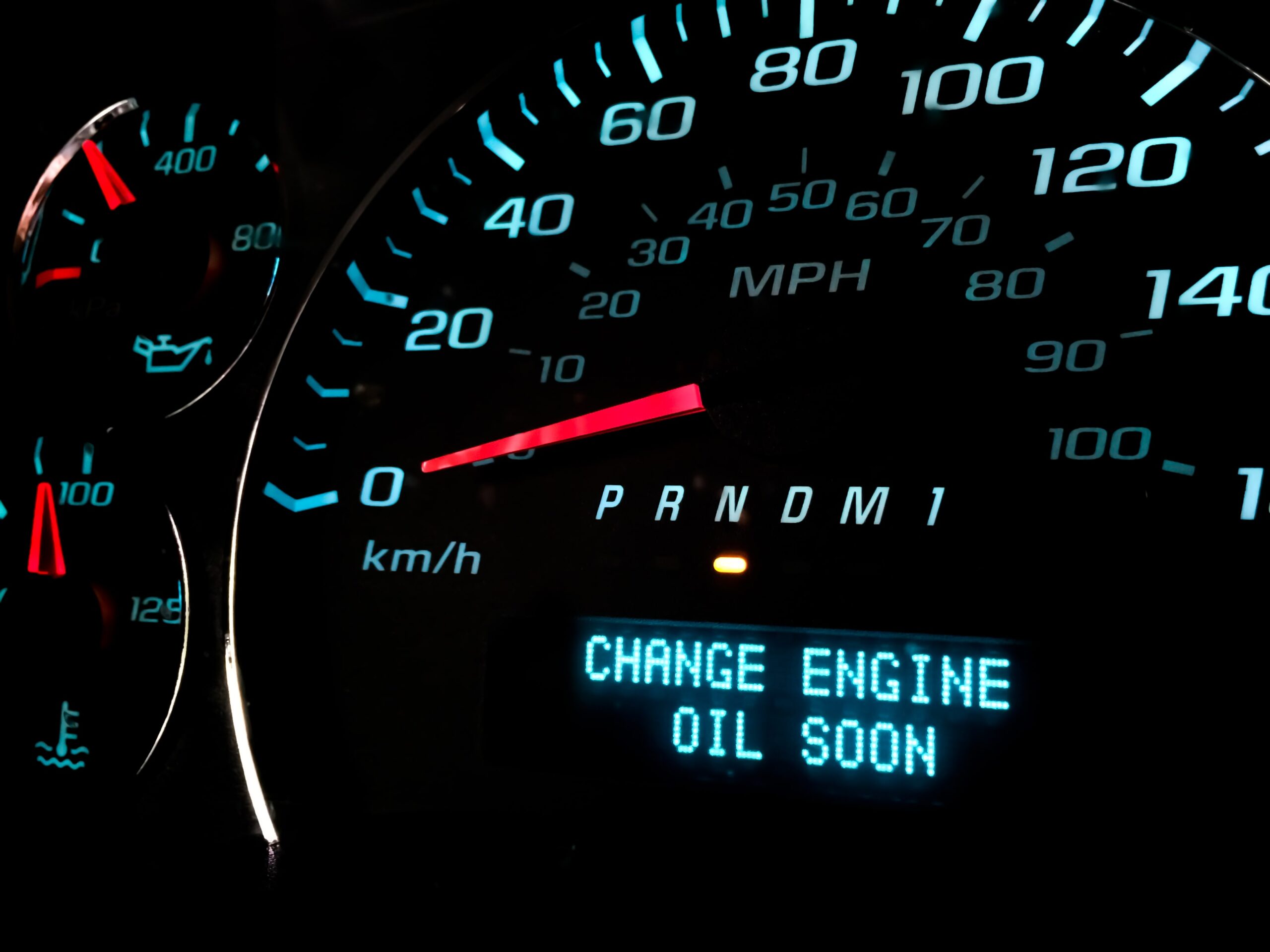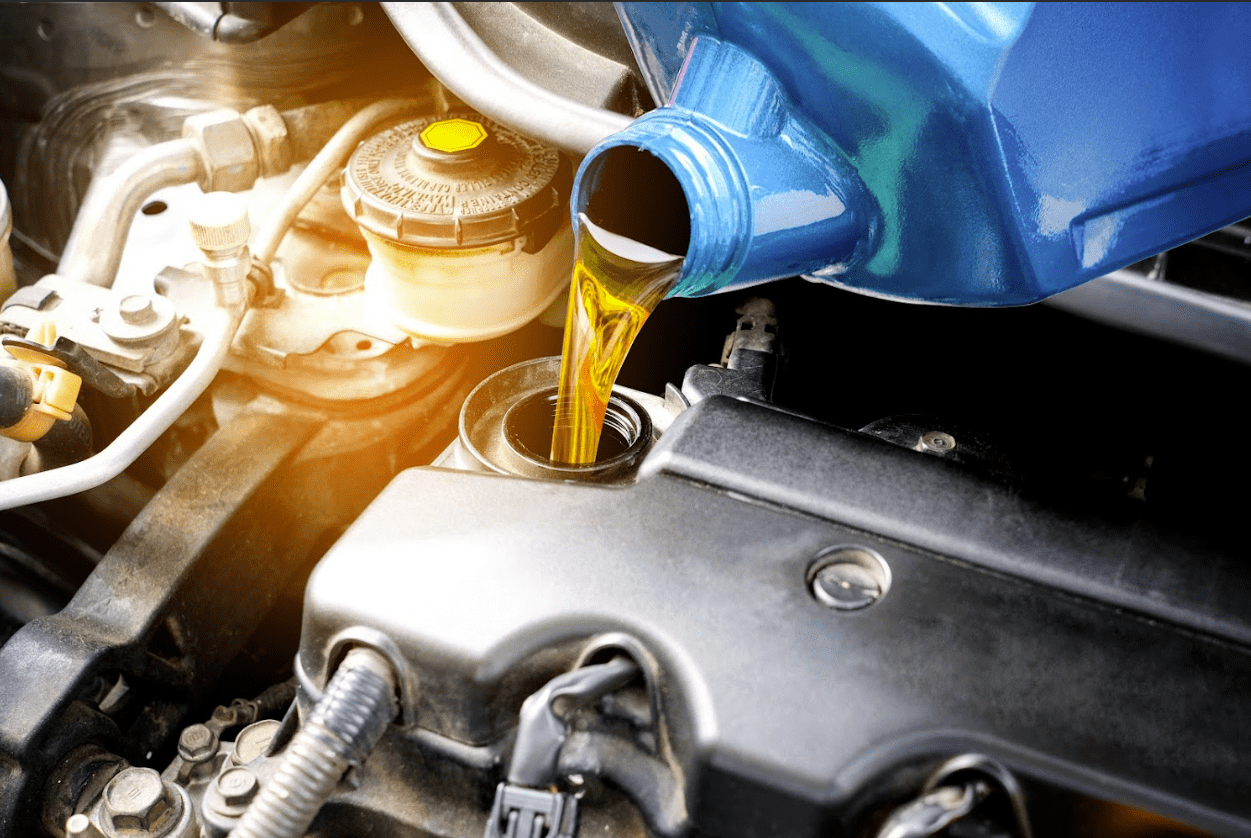Regularly scheduling oil changes is one of the simplest and most effective methods to extend the lifespan of your vehicle. Although it may seem insignificant, clean oil and oil filters play a crucial role in maintaining a healthy engine. Oil acts as a lubricant for the numerous moving components within your engine, ensuring smooth operation. However, over time, oil deteriorates and loses its effectiveness, becoming thick or watery. Failure to change the old oil can lead to costly and inconvenient engine problems.
Benefits of Oil Changes
IMPROVED GAS MILEAGE
The components in your engine generate friction, which hampers the speed of your vehicle. By substituting dirty oil with cleaner oil, you decrease the level of friction, resulting in reduced resistance during driving. This enables you to cover a few additional miles per gallon.
REDUCED EMISSIONS
All automobiles produce pollution. You can reduce the harm you do to the environment by getting your oil changed regularly, as clean oil doesn’t burn.
ENHANCED VEHICLE PERFORMANCE
Having a properly lubricated engine enhances your driving experience by ensuring a smooth ride. Changing the oil in your engine helps minimize friction, and using clean oil provides the most seamless and enjoyable ride achievable.
PRESERVES THE LIFE OF YOUR ENGINE
You can add years to the life of your vehicle with regular oil changes. Maintaining a well-lubricated, cleanly filtered engine will ensure you get the most out of your vehicle–from gas mileage and performance to longevity of life.
Frequency of Regular Oil Changes
Each manufacturer provides specific recommendations regarding the frequency and mileage at which oil changes should be performed. Consult your owner’s manual for the precise mileage recommended by your car’s manufacturer and ensure that you adhere to it.
Getting regular oil changes is a small price to pay to avoid expensive engine repair or breakdown. Don’t delay request an appointment for your next oil change today.



